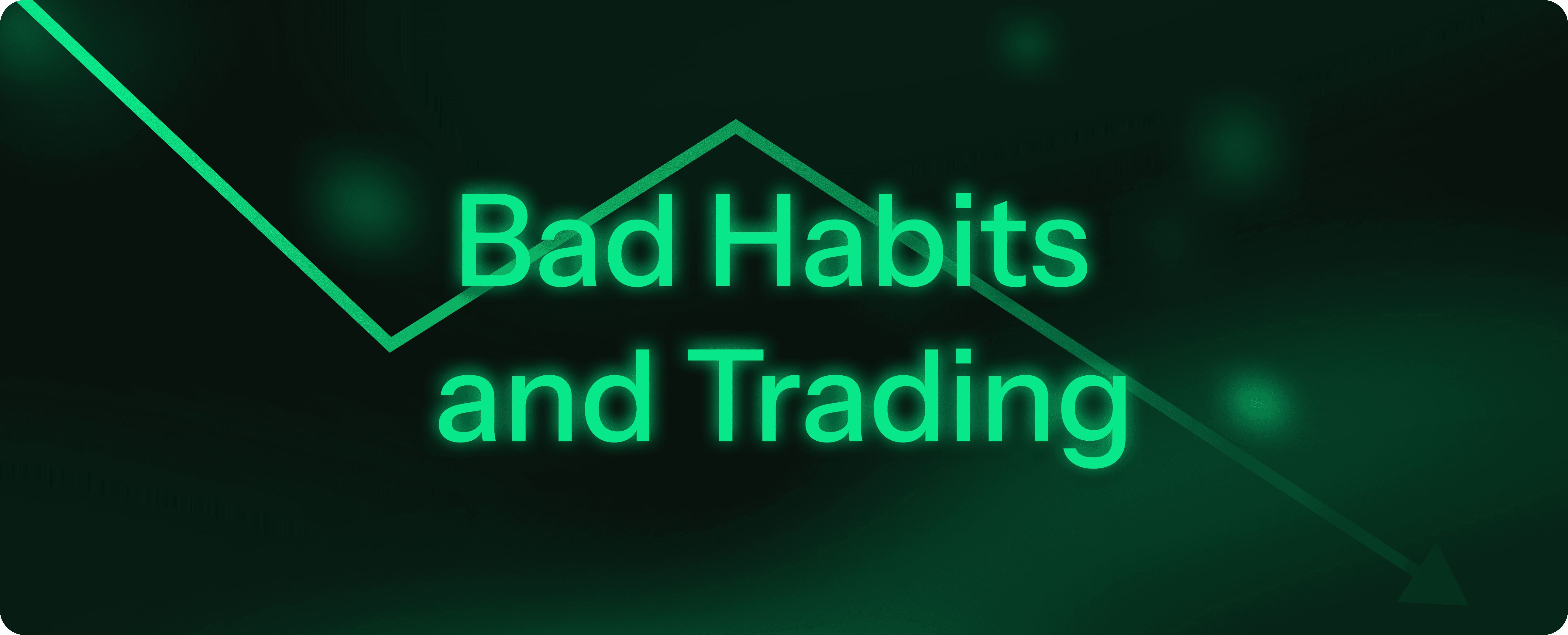Mike | The Lab
Published on
Jun 25, 2025
You will frequently hear, if you ask someone who is not involved in trading what they think about trading,
"You do realize it's just gambling?".
It's a risky assumption and a valid question. Gambling and trading both entail risk, but they are not the same.
Let's dissect why one is a deliberate procedure and the other is just random.
The reasons why people liken trading to gambling
Trading and gambling appear to be comparable on the surface. You risk money, the outcome is unpredictable, and you could make or lose. However, the resemblance ends there.
The majority of individuals believe that trading involves gambling because they only observe profits and losses; they are unaware of the significance of edge and probability; and they believe that traders behave impulsively or emotionally.
In actuality, many traders gamble because they view trading as gambling, not because it is gambling.
What makes trading legitimate
Hope is not what professional traders rely on. Their sources of support are:
Risk management that preserves capital; well-defined tactics with a statistical advantage
Execution driven by processes; regular evaluation and improvement
By using structure and discipline, traders can become the "house," in contrast to gambling, where the house always wins. The edge unfolds over time in the same way as in any system.
When trading becomes gambling
Trading turns into gambling as soon as you:
Make random deals and aimlessly for losses.
Take on more risk than you can bear.
Make choices based on feelings rather than logic.
To put it another way, your actions within the market determine whether you are a gambler or not.
TL;DR
Unless you treat trading as such, it is not gambling. One is a method based on facts, expertise, and patience. The other is a control-less, edgeless game of chance. Start thinking like a risk manager rather than a gambler if you want to trade.






